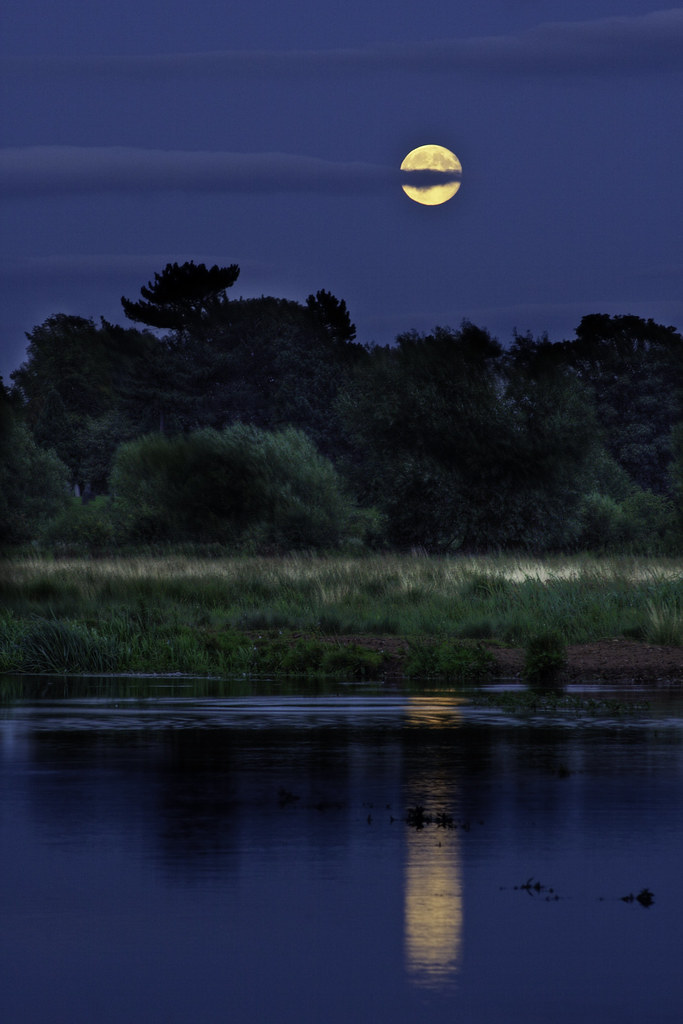Until I sat down to make this list, I hadn't realised just how many aubergine recipes I had tried in 2022. The wonderful farm from which I get biweekly vegetable deliveries has yet to include aubergines in my vegetable box, but luckily for me a new Asian supermarket opened near campus late last year. They have a beautiful produce section, which includes a rainbow of eggplant in different colours and sizes, including the excellently named graffiti aubergine.
 |
| I took this picture to amuse students in my class on ancient graffiti. |
During Lent, I tried to keep a vegan or vegetarian diet, which explains the large number of vegan recipes I tried in the first half of the year. Despite this, I have yet to find a vegan cookbook I want to buy--even the ones that claim to be 'easy' are overly fussy or full of ingredients that are hard to find in Lincolnshire. Plus, it seems that many vegan cookbook authors try to sell veganism by focusing on creating taste-and-texture equivalents for recipes based on animal products, and pretending to eat meat never quite works for me. So far, I can always taste the difference, and would rather eat tofu or tempeh or legumes because they taste good as themselves and the recipe that uses them exposes me to a new flavour or technique. My absolute favourite tofu recipe from the list below was the Red-cooked Smoked Tofu, Aubergine and Potato Stew from Asian Green by Ching He Huang--red cooking is a new taste and technique for me, and I loved it.
My public library's cookbook section continues to be a wonderful source of ideas. Although I try not to purchase new cookbooks, I am almost certainly going to add Stir Crazy by Ching-He Huang to my collection. Her instructions are very clear, all of the recipes I have tried have been excellent, and they usually make two servings, which is perfect for a solo cook. For the number of recipes of hers I've tried, I ought to have called this post the year of Ching-He Huang.
I hope you have been cooking and eating well this year!
January 2022
- Peanut, Sesame and Coconut Aubergines from Masala by Malika Basu
- Greek Pumpkin Pie from World Vegetarian by Madhur Jaffrey
February 2022
- Yuxiang Aubergine and Shiitake Stir-fry from Asian Green by Ching-He Huang
- Red-cooked Smoked Tofu, Aubergine and Potato Stew from Asian Green by Ching-He Huang
- Vertuta (Moldovan Giant Cheese Twist) from Mamushka by Olia Hercules
- Brussels Sprout Pottage from Twelve Months of Monastery Soups by Victor-Antoine D'Avila-Latourrette
- Guitaang Mungo (Mung Beans with Coconut) from Sundays at Moosewood
- Sticky Hoisin Broccoli from Asian Green by Ching-He Huang
March 2022
- Shepherd's Pie from Sundays at Moosewood
- Veggie Ants Climbing Trees from Asian Green by Ching-He Huang
- Sweet and Sour Cabbage from World Vegetarian by Madhur Jaffrey
- Mother Wolff Soup from Sundays at Moosewood
- Winter Tabbouleh from Easy Vegan Bible by Katy Beskow
- Soy, Lime, and Peanut Stiry-Fry Easy Vegan Bible by Katy Beskow
April 2022
- Teriyaki Tempeh with Broccoli from Asian Green by Ching-He Huang
- Dry-fried Chicken from Hunan by Y.S. Peng
- Lentil and Rice Mujaddara from Breaking Bread at Central
May 2022
- Miso Asparagus with Mushrooms from Stir Crazy by Ching-He Huang
- Cabbage and Sesame Salad from Bazaar by Sabrina Ghayour
- Kung Po Tofu from Stir Crazy by Ching-He Huang
- Aubergine in Spicy Peanut Sauce from Stir Crazy by Ching-He Huang
- Fish Fragrant Aubergine from Stir Crazy by Ching-He Huang
- Spicy Soy and Oyster Sauce Tofu from Stir Crazy by Ching-He Huang
- Oyster Sauce Chicken from Stir Crazy by Ching-He Huang
June 2022
- Sichuan Tofu with Celery and Roasted Peanuts from Stir Crazy by Ching-He Huang
- Spicy Oyster Sauce Squid with Peppers from Stir Crazy by Ching-He Huang
- Chili Peanut Lamb from from Stir Crazy by Ching-He Huang
- Spicy Honey Garlic Prawns with Water Chestnuts from Stir Crazy by Ching-He Huang
- Vegetarian Soup Kharcho from Supra by Tiko Tuskadze
- Three Cup Chicken from Stir Crazy by Ching-He Huang
July 2022
- Spiced Carrot Soup from Ripe Figs by Yasmin Khan
- Smoked Mackerel, Shiitake Mushroom, Bamboo and Goji Berry Rice from Stir Crazy by Ching-He Huang
- General Tso's Tofu from Stir Crazy by Ching-He Huang
August 2022
- Cardamom Egg Toast from Ripe Figs by Yasmin Khan
- Veggie Dan Dan Mei from Stir Crazy by Ching-He Huang
- Besan ka chilla from Masala by Malika Basu
- Sabzi Bhaji from Masala by Malika Basu
- Ajadsandali (Aubergine Stew) from Supra by Tiko Tuskadze
- Anytime Tea from Mind Food by Lauren Lovatt
- Harak Osbao (Tagiliatelle with Herbed Lentils) from Ripe Figs by Yasmin Khan
